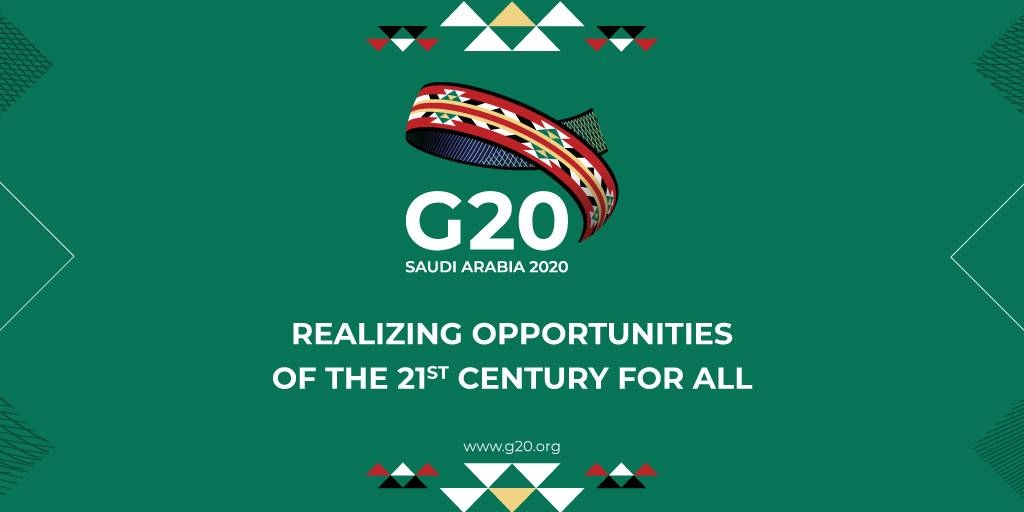Originally posted to the Reuters website, 20 March 2020
WASHINGTON/RIYADH (Reuters) – The Group of 20 major economies faces mounting pressure to bridge internal divisions and unite against the coronavirus, just as it coalesced to address the 2008-09 global financial crisis.
Many questions remain before an impromptu leaders next week announced by current host Saudi Arabia, including what action could be agreed, what technology will be used to communicate given the leaders will not be meeting in person, and even the date.
Current and former officials associated with the G20 say it has shirked its role as a global “fire station” since last month’s meeting in Riyadh where finance officials played down the risks posed by the outbreak.
“The G7 and G20 played a more forceful role in the global financial crisis,” one international finance official told Reuters. “We would have expected those two bodies to respond much more proactively to this situation.”
After a call last Monday, G7 leaders committed to doing “whatever is necessary” to battle the virus, which has sickened nearly 250,000 people and killed over 10,000. The disease has also devastated economies as governments impose travel curbs and halt public gatherings to try to stem the spread.
G20 deputies are expected to talk by teleconference next Monday, multiple G20 sources said, to prepare for a meeting complicated by an oil price war between two members, Saudi Arabia and Russia, and a war of words between two others, the United States and China.
Former senior regulators say there is no time to waste, urging G20 officials to persuade banks to halt share buybacks, dividends and staff bonuses and keep money available in the economy.
Two former senior U.S. officials said international coordination will be critical to resolve the crisis and the work of just seven advanced economies, the G7, was not sufficient. But they raised doubts about prospects for improved cooperation on a broader scale.
“Global cooperation requires that the United States and China find ways to work together; that hardly appears feasible given current strains and finger pointing,” Matthew Goodman, who advised then-President Barack Obama, and Mark Sobel, who worked at Treasury, wrote this week.
Saudi Arabia, given the oil price war and internal politics, seems unable or unwilling to lead, they added.
“Our main priority is to work with the G20 health ministers to combat the virus and ensure economies can support those measures,” Saudi Finance Minister Mohammed al-Jadaan told a news conference on Friday after announcing new domestic economic support measures.
The Saudi media ministry and the U.S. Treasury did not respond to requests for comment.
Summits typically take months to prepare, with deputies meeting in person to hash out differences before leaders arrive. In this case, because of health precautions, they will convene remotely, which could make reaching compromises harder.
In addition, they have the internal disagreements to contend with.
Riyadh and Moscow disagree over oil market share after their supply cut deal collapsed, pushing crude prices to near 20-year lows while the pandemic hits global demand. U.S. President Donald Trump said he would intervene “at the appropriate time,” but Moscow has rejected that.
Further clouding the outlook are duelling accusations by Washington and Beijing over the origin of the coronavirus. Ties were already long strained by disputes over trade, intellectual property, human rights and media freedom.
Trump has said China should have warned the world sooner about the coronavirus, which a Chinese foreign ministry spokesman blamed on the U.S. military.
“In 2007, 2008 and 2009, the G20 played a very positive role,” said one diplomatic source. “We need that to happen again, but if the Americans and Chinese are fighting, it’s not a good sign.”
Link to the original post : https://www.reuters.com/article/us-health-coronavirus-g20/divided-g20-faces-pressure-to-lead-global-response-to-coronavirus-idUSKBN2171V4


